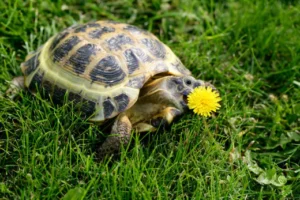
A Guide to Feeding Your Russian Tortoise: The Ideal Diet Plan
The Russian Tortoise is a species of tortoise that is commonly kept as a pet. It is native to the steppes of Central Asia, and has been domesticated for many years. Proper nutrition is essential for the health and well-being of these tortoises, and a balanced diet is key to their longevity. Finally, it is […]